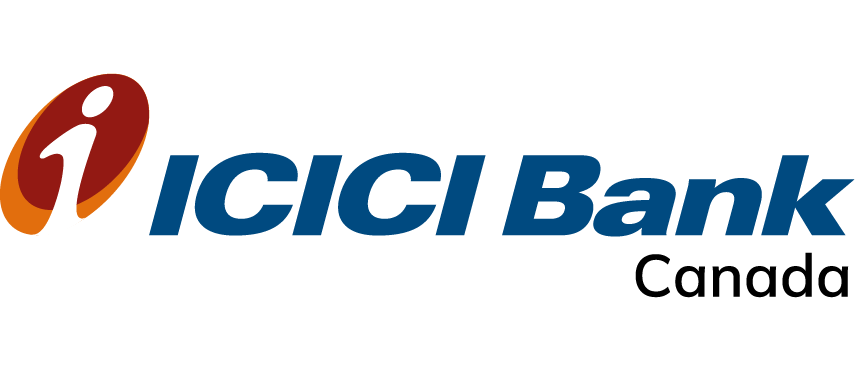Internet Banking Safety Tips
Internet Banking Safety :
Minimize The Risk of Fraud
- Utilize paperless options by restricting receipt of paper statements.
- Monitor your account activity regularly by checking your balances and statements online through www.icicibank.ca. This helps you to detect fraudulent transactions quickly. The earlier a fraud is detected, the lesser will be its financial impact.
Tips
- Avoid accessing your Internet Banking account from a cyber cafe or a shared computer. However, if you happen to do so change your passwords from your own computer.
- To access ICICI Bank Canada's Internet Banking, always type in the correct URL (http://www.icicibank.ca/) into your browser window. Never click a link that offers to take you to our website. Then select the Login button which will take you to our login page.
- On our login page, check for the "Lock" icon. There is a de facto standard among web browsers to display a "lock" icon somewhere in the window of the browser (NOT in the web page display area). For example please click here.
- To protect your login password for Internet Banking, we provide an option of entering your password on the Virtual Keyboard. Click here to learn more.
- ICICI Bank Canada does not ask you for any personal information other than your user ID and password when you log into www.icicibank.ca.
- If your login IDs or passwords appear automatically on the login page of a secure website, you should disable the “Auto Complete” function to increase the security of your information. To disable the “Auto Complete” function:
- Open Internet Explorer and click "Tools" > "Internet Options" > "Content".
- Under "Personal Information", click "Auto Complete”.
- Uncheck "User names and passwords on forms" and click "Clear Passwords".
- Click "OK".
- Always check the last log in to your Internet Banking account. Log into icicibank.ca and see the right hand side of the “My Accounts” page to view the date and time of your last log in.
- Every time you complete your online banking session, log off from icicibank.ca. Do not just close your browser.
- Change your Internet Banking passwords after your first log in, and thereafter regularly (at least once in a month).
- Your password should be complex and difficult for others to guess. Use letters, numbers and special characters [such as !,@, #,$, %, ^, &,* (, )] in your passwords.
- Never share your Internet Banking passwords with others, even family members. Do not reveal them to anybody, not even to an ICICI Bank employee.
- ICICI Bank Canada will never send you emails, text messages or other electronic personalized communications that request your personal or login information (i.e. usernames, passwords, PINs, security questions/answers, or account numbers). If you receive a suspicious email, text message or other electronic personalized communication that claims to have been sent from ICICI Bank Canada, please do not respond. Notify us by writing to reportphishing@icicibank.com, and include the suspicious email you received as an attachment (do not forward that email) or call us toll free at 1-888-424-2422.
- Be cautious about any unsolicited offers or opportunities offering you the chance to make some easy money. These adverts will normally state that they are an overseas company seeking "representatives" or "agents" to act on their behalf for a period of time, sometimes to avoid high charges for making payments, or local taxes.
- When browsing the web, the URLs (web page addresses) begin with the letters "http". However, over a secure connection, the address displayed should begin with "https" - note the "s" at the end. For example: Our home page address is http://www.icicibank.ca. Here the URL begins with "http" meaning this page is not secure and there is no account or personal information stored or asked. Click the tab under "Login". The URL now begins with "https”, meaning the user name and password typed in will be encrypted before being sent to our server.
Contact Us
Please call us toll-free at 1-888-424-2422 or visit one of our branches:
- if you forget your password;
- if you are unable to log in to your Internet Banking account; or
- if you notice any suspicious activity on your account.

